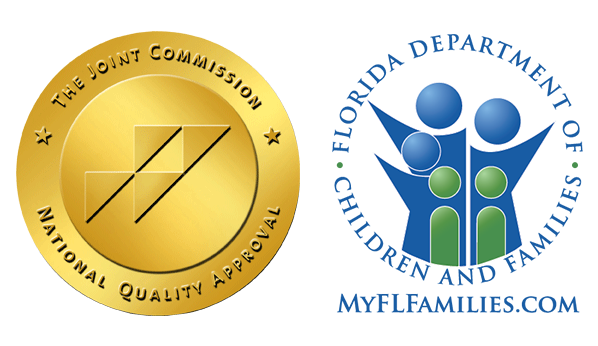The Importance of Nonjudgmental Support for Recovering Addicts
Being entirely judgment-free might be challenging. But we can learn better listening habits. If you know someone who is breaking free from addiction, it’s important to provide as much non-judgmental support as possible. Nonjudgmental listening isn’t about ignoring your opinions; rather, it’s about being careful not to voice them because doing so can prevent you from providing assistance to someone who needs recovery.
It’s critical to keep an optimistic outlook and an open mind when attempting to encourage a recovering addict. Be a good, nonjudgmental listener to those around you by using these listening skills:
The Impact of Positive Body Language in Supporting Recovering Addicts
- Consider your own mental state. Make sure you are in the correct frame of mind to discuss and listen without passing judgment. Before approaching someone with your thoughts and emotions. To ensure that you are calm, open, and prepared to assist your peer in need, consider your own mental condition.
- Adopt a positive outlook that is sincere, accepting, and empathic. Adopting an attitude of acceptance is acknowledging the validity of the other person’s sentiments, personal beliefs, and experiences. If you don’t share or agree with them. Being more real and empathic can be achieved by taking the time to put yourself in the other person’s shoes.
- Develop interpersonal communication skills. You can communicate to someone that you are actively listening by using simple language techniques. Asking questions, paying attention to nonverbal signs such as tone of voice, using simple phrases like “I see” and “ah,” and refraining from interrupting the other person are some examples of how to do this.
- Keep your body language positive. Positive body language can convey to the other person that you care about them and are listening. This entails maintaining friendly eye contact, sitting down as opposed to standing, sitting next to rather than directly across from the individual, and maintaining an open body posture.
It is impossible to stress how challenging and terrible it can be to see a loved one struggle with addiction or mental health issues. It’s true that when a loved one begins treatment, encouragement, and support from family and friends will form the foundation of their recovery strategy. Support systems like these serve to fortify their resolve to keep moving forward in the direction of sobriety.
The Role of Family and Friends in Supporting Recovering Addicts
Strong familial ties tend to promote the idea that the person in recovery is not alone. Therefore, the strongest kinds of support frequently come from those who are closest to them. Additionally, when a family is strong, the recovered person can rely on the family as a whole, especially through the challenging days to come.
If an addict’s family is not supportive or is a source of pain, it’s important for a person in recovery to find and maintain a strong support system. Often this can be found in a drug rehab center in Delray Beach Florida. There are all types of support groups, group therapy, and support systems built into these programs. Many recovering addicts find lifelong friendships and support in alcohol addiction centers in Delray Beach Florida.











